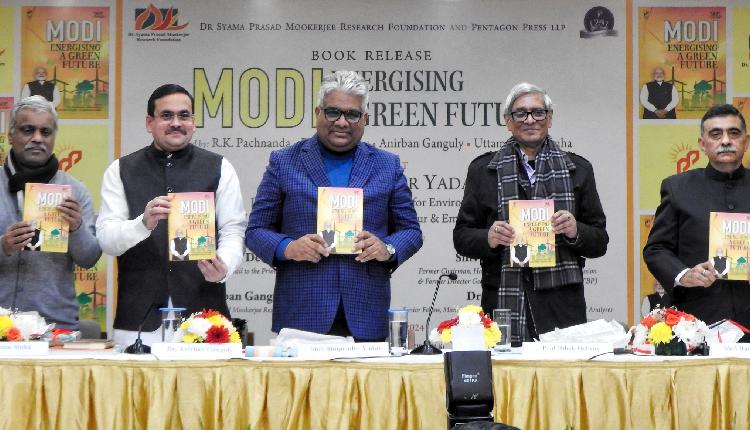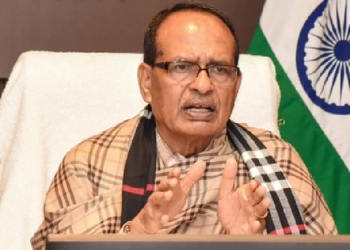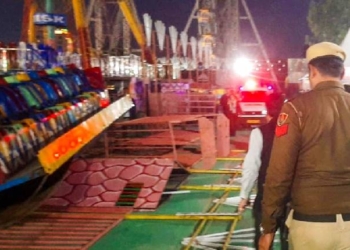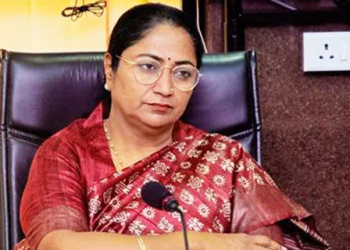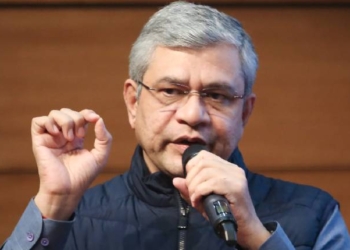New Delhi: Analysing and addressing the compounding crisis of climate change and energy security, and spotlighting Prime Minister Narendra Modi’s efforts to drive environment-friendly policies and practices, Union Minister for Environment, Forests and Climate Change Bhupender Yadav’s book ‘Modi: Energising A Green Future’ was launched here with a call to the West to scale back its emissions before “preaching and pontificating”.
The volume, brought out by Pentagon Press, is a curation of 18 chapters by experts from India and abroad. It is edited by R.K. Pachnanda, Chariman, Haryana Electricity Regulatory Commission; Bibek Debroy, Chairman, PM’s Economic Advisory Council; Anirban Ganguly, Director, Dr Syama Prasad Mookerjee Research Foundation; and Uttam Kumar Sinha, Senior Fellow, Manohar Parrikar Institute of Defence Studies and Analyses, and leading commentator on trans-boundary water issues and climate change.
This book is yet another volume from Dr Syama Prasad Mookerjee Research Foundation brought out by the quartet.
Yadav, who’s also the Union Minister for Labour and Employment, said that the over the last 300 years, “development” across nations has been propelled by the exploitation of energy sources, and consequently, the earth has gotten worryingly warmer.
“The West’s model of development is anthropocentric,” he said, adding that it is in urgent need to be balanced with bio-centric development.
Referring to the world’s first-ever conference on the environment, namely, the 1972 Stockholm Conference, Yadav said it was only after the 1970s that an “ecological sense” developed on a much wider scale, and this essentially meant moving back to Eastern philosophy: “We protect nature, nature protects us.”
Quoting figures, he said that Western nations contribute up to 60 per cent of emissions, against India, whose share is a mere 5 per cent, and lesser than that is the load of the 54 African nations put together. “The Global South cannot be stopped from development,” he said emphatically.
Directing attention to the necessity of addressing climate change from multiple dimensions, Yadav said the Big Cat Alliance and MISHTI (Mangrove Initiative for Shoreline Habitats & Tangible Incomes), which are led by India, are pivotal to the conservation of natural habitats and water systems.
“The discussion regarding our environment does not end with electronic buses and vehicles,” he concluded.
Speaking on the occasion, however, Debroy could not help but refer to e-buses to highlight how developed nations do not walk the talk.
He pointed out that New York has only 15 e-buses, compared with more than 100 ordered for Guwahati alone.
“The West only believes in preaching and pontificating and and not delivering on its promises,” Debroy remarked.
(IANS)




